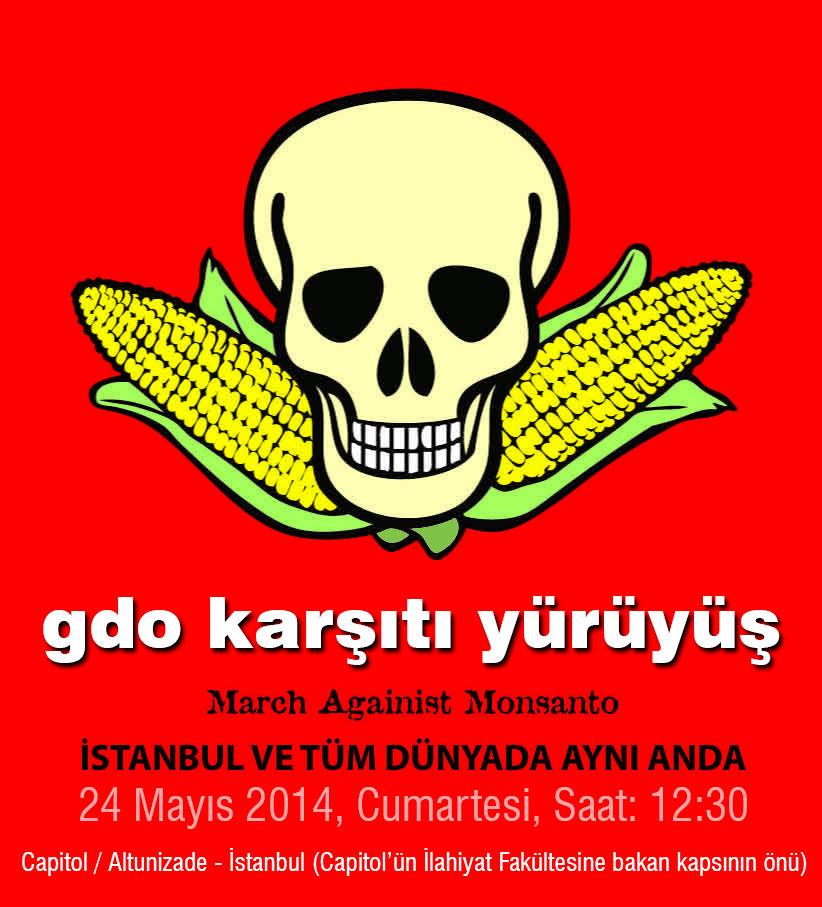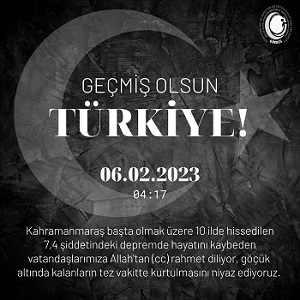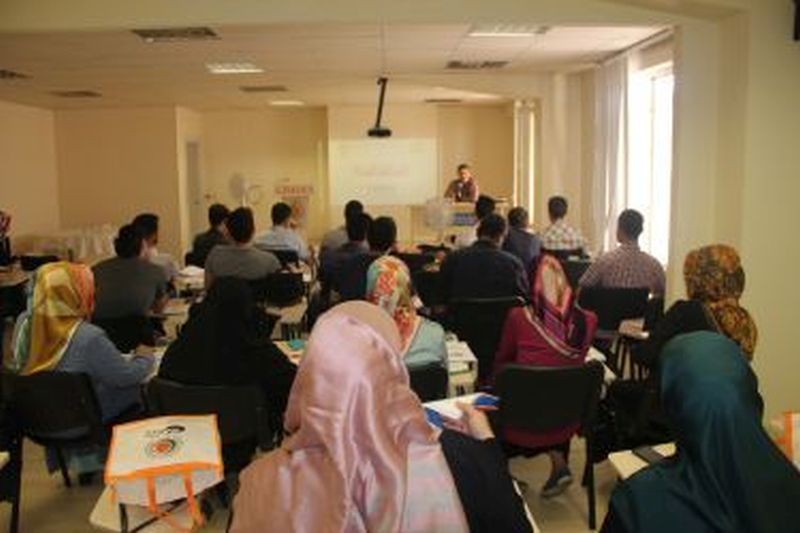Regardless where you live, May 24 marks the annual opportunity to March Against Monsanto, the GMO Giant of the World.
The March Against Monsanto is an international grassroots movement as well as a protest against the Monsanto corporation and genetically modified organisms.
The event protesting the GMOs (genetically modified organisms) giant simultaneously took place in more than 400 cities in more than 50 countries that span six continents. That’s up from 286 cities in 36 countries last year. Among the marches is one in St. Louis, MO, which is home to Monsanto’s headquarters.
The event aims to highlight the various modes of distress Monsanto has created for people around the planet. For example, many impoverished farmers in India have committed suicide as a result of Monsanto’s Bt cotton seeds not performing as anticipated. Sterility, infant mortality, birth defects and increased cancer risks are among the health risks associated with Monsanto chemicals and seeds.
Biotechnology is not the solution to world hunger. Agroecology is. Monsanto’s harmful practices are causing soil infertility, mono-cropping, loss of biodiversity, habitat destruction and contributing to beehive collapse. GMO crops cross pollenate with traditional crops, risking peasant farmers’ livelihood.”
“Monsanto’s predatory business and corporate agricultural practices threatens their generation’s health, fertility and longevity,” said Tami Monroe Canal, the founder of March Against Monsanto who began the event to protect her children from GMOs. “MAM supports a sustainable food production system.
“We must act now to stop GMOs and harmful pesticides.”
In Istanbul, protesters gathered in front of Capitol Building and conducted the first protest against GMO and Monsanto on 24 May.
We believe such events will increase awareness against GMOs.





